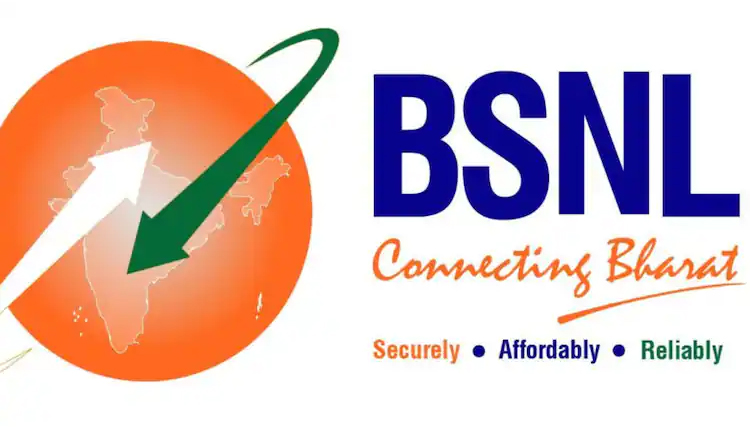New Delhi: Latest developments in the telecom market reveal changing consumer dynamics: state-owned BSNL has capitalised on expensive mobile recharge offers launched by private players. The latest analysis of TRAI data shows that BSNL has accrued 5.4 million new customers in 2 months while major private players severed 12.5 million connexions.
Rising mobile recharge costs as an indicator
This shows that with the high prices that have been placed on mobile recharge many people have switched from private telecom firms. Over 13 million customers applied for MNP in July itself, a drastic increase from 1 million of June, which demonstrates customer dissatisfaction. By the end of August 2012, conservative private telecom major had lost 8.2 million subscribers while BSNL has gained 2.5 million, clearly indicating the movement towards value segment.
Qualitative Findings and Future Implications
ITU telecom specialists have pointed out that this migration process started in the last week of July when most private operators raised their tariff. This saw users flood mobile number portability with requests in the region of 15% due to expensive tariffs. At that time and the subsequent months, while private players were staring at thinning subscriber list, BSNL only seemed to grow from strength to strength as subscribers started migrating to its cheaper services.
The pattern shows an immediate correlation of costly recharges to business models of private operators making possible additional surge in price deemed unsustainable. This scenario could lead to forcing telecom giants to rethink on their pricing models just to keep subscriber and attract new ones.
Current Telecom Usage Trends
Peculiarly, the reports presented by TRAI showed that, over the last decade, the time dedicated to voice calls has grown 1.5 times, from 63… This has further been supported by new trends in managerial consumer behaviour and therefore speaks volume about the dynamics of price sensitivity in the entire industry.



Comments are closed.